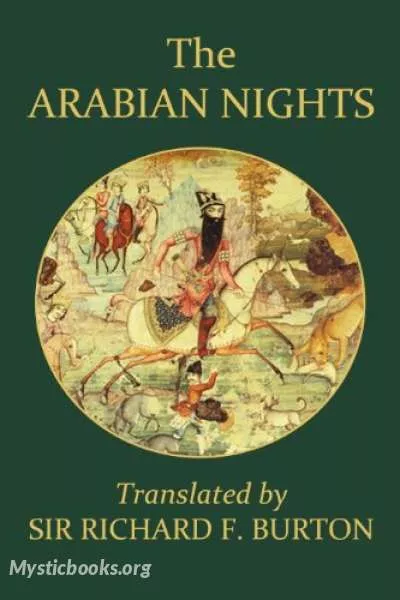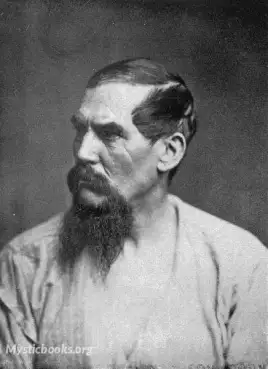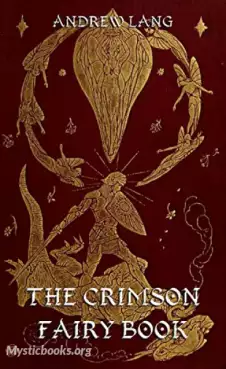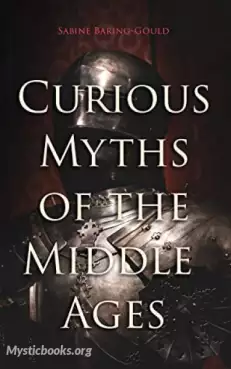
The Book of A Thousand Nights and a Night (Arabian Nights), Volume 02
'The Book of A Thousand Nights and a Night (Arabian Nights), Volume 02' Summary
The main frame story concerns Shahryār (Persian: شهريار, from Middle Persian: šahr-dār, 'holder of realm'), whom the narrator calls a "Sasanian king" ruling in "India and China." Shahryār is shocked to learn that his brother's wife is unfaithful. Discovering that his own wife's infidelity has been even more flagrant, he has her killed. In his bitterness and grief, he decides that all women are the same. Shahryār begins to marry a succession of virgins only to execute each one the next morning, before she has a chance to dishonour him.
Eventually the Vizier (Wazir), whose duty it is to provide them, cannot find any more virgins. Scheherazade (Persian: شهْرزاد, Shahrazād, from Middle Persian: شهر, čehr, 'lineage' + ازاد, āzād, 'noble'), the vizier's daughter, offers herself as the next bride and her father reluctantly agrees. On the night of their marriage, Scheherazade begins to tell the king a tale, but does not end it. The king, curious about how the story ends, is thus forced to postpone her execution in order to hear the conclusion. The next night, as soon as she finishes the tale, she begins another one, and the king, eager to hear the conclusion of that tale as well, postpones her execution once again. This goes on for one thousand and one nights, hence the name.
The tales vary widely: they include historical tales, love stories, tragedies, comedies, poems, burlesques, and various forms of erotica. Numerous stories depict jinn, ghouls, apes, sorcerers, magicians, and legendary places, which are often intermingled with real people and geography, not always rationally. Common protagonists include the historical Abbasid caliph Harun al-Rashid, his Grand Vizier, Jafar al-Barmaki, and the famous poet Abu Nuwas, despite the fact that these figures lived some 200 years after the fall of the Sassanid Empire, in which the frame tale of Scheherazade is set. Sometimes a character in Scheherazade's tale will begin telling other characters a story of his own, and that story may have another one told within it, resulting in a richly layered narrative texture.
Different versions differ, at least in detail, as to final endings (in some Scheherazade asks for a pardon, in some the king sees their children and decides not to execute his wife, in some other things happen that make the king distracted) but they all end with the king giving his wife a pardon and sparing her life.
The narrator's standards for what constitutes a cliffhanger seem broader than in modern literature. While in many cases a story is cut off with the hero in danger of losing their life or another kind of deep trouble, in some parts of the full text Scheherazade stops her narration in the middle of an exposition of abstract philosophical principles or complex points of Islamic philosophy, and in one case during a detailed description of human anatomy according to Galen—and in all of these cases she turns out to be justified in her belief that the king's curiosity about the sequel would buy her another day of life.
Book Details
Language
EnglishOriginal Language
Arabic, PersianPublished In
Authors

Richard Francis Burton
England
Sir Richard Francis Burton was a British explorer, scholar and soldier. He was famed for his travels and explorations in Asia, Africa, and the Americas, as well as his extraordinary knowledge of langu...
Books by Richard Francis BurtonDownload eBooks
Listen/Download Audiobook
- Select Speed
Related books

The Crimson Fairy Book by Andrew Lang
The Crimson Fairy Book contains thirty-six stories collected from around the world and edited by Andrew Lang. Many tales in this book are translated,...

Strange Stories From a Chinese Studio by Pu Songling
Liaozhai zhiyi, known in English as Strange Tales from a Chinese Studio or Strange Stories from a Chinese Studio, is a Chinese romance fantasy novel....

Hans Christian Andersen: Fairytales and Short Stories Volume 6, 1866 to 1875 by Hans Christian Andersen
Delve into the enchanting world of Hans Christian Andersen, where imagination reigns supreme and timeless tales unfold. Volume 6 of Hans Christian An...

The Singing Mouse Stories by Emerson Hough
The singing mouse tells tales of nature in songs. This book is for those who want to know how the mountains ate up the plains, what the waters said or...

Las Fábulas de Esopo, Vol 2 by Aesop
The classic Aesop’s Fables have been translated to every language for hundreds of years. The fables, told in the form of allegories, give us universa...

Under the Sunset by Bram Stoker
“Under the Sunset” is a collection of eight amazing fantasy tales from the mind and imagination of the legendary Bram Stoker (Dracula.) Originally con...

Selection from the Norse Tales for the Use of Children by Sir George Webbe Dasent
This collection of Norse folktales is perfect for children of all ages. The stories are full of adventure, magic, and humor, and they offer a glimpse...

Curious Myths of the Middle Ages by Sabine Baring-Gould
An anthology unlike any other. An investigative approach to European fables of the middle ages, and tracing their origins across time and space, even...

The Lilac Fairy Book by Andrew Lang
Andrew Lang's Fairy Books or Andrew Lang's "Coloured" Fairy Books are a twelve-book series of fairy tale collections. Although Andrew Lang did not col...

The Ingoldsby Legends, 2nd Series by Richard Harris Barham
"The Ingoldsby Legends, 2nd Series" by Richard Harris Barham is a captivating collection of humorous and macabre tales that will delight young readers...
Reviews for The Book of A Thousand Nights and a Night (Arabian Nights), Volume 02
No reviews posted or approved, yet...